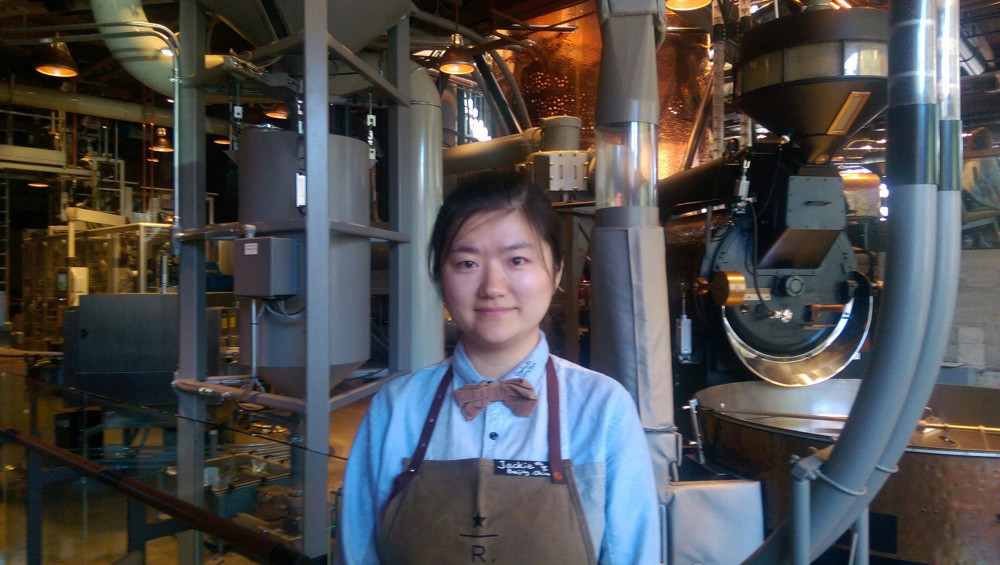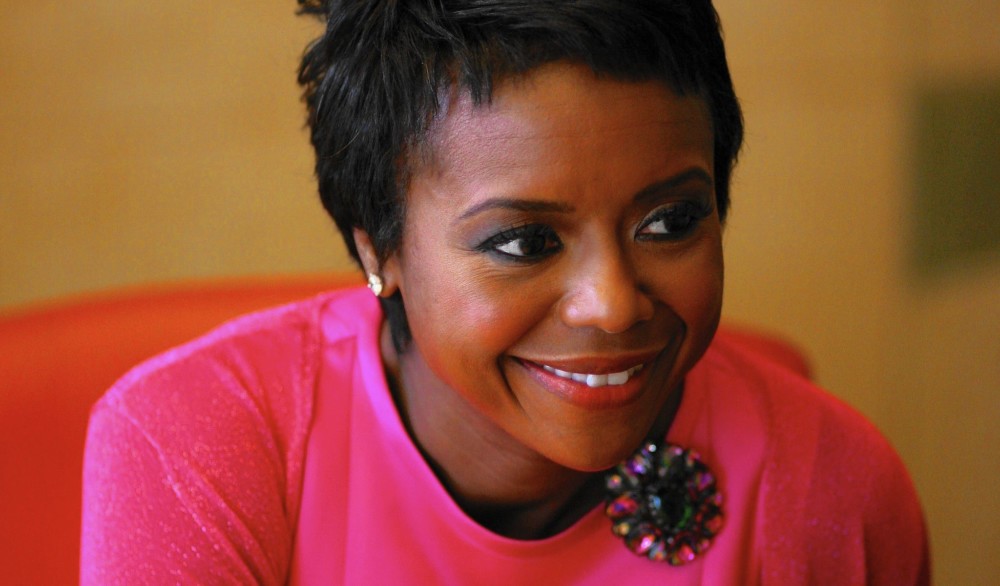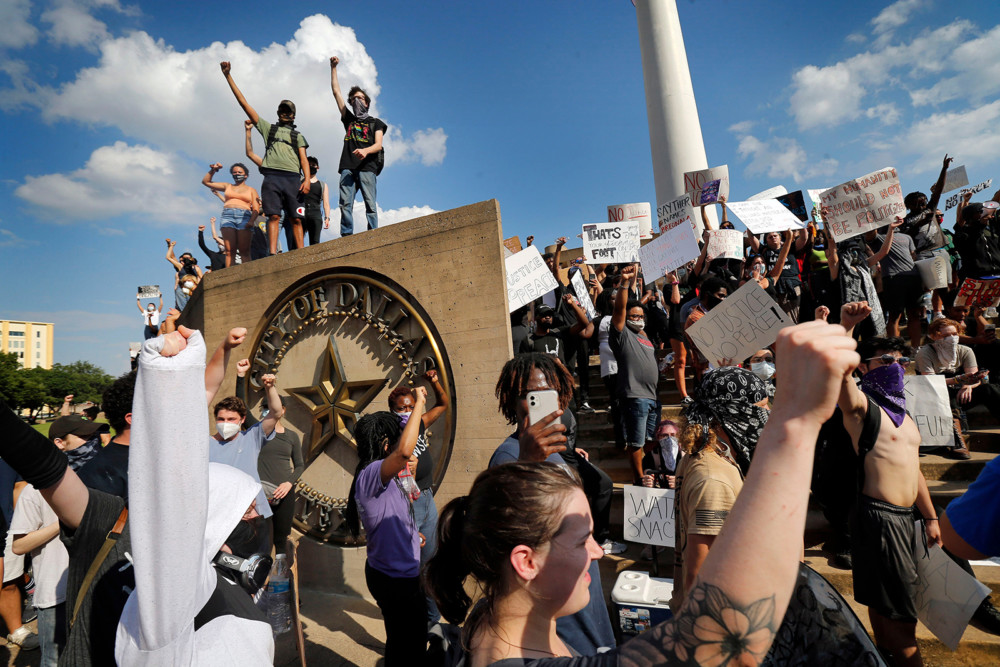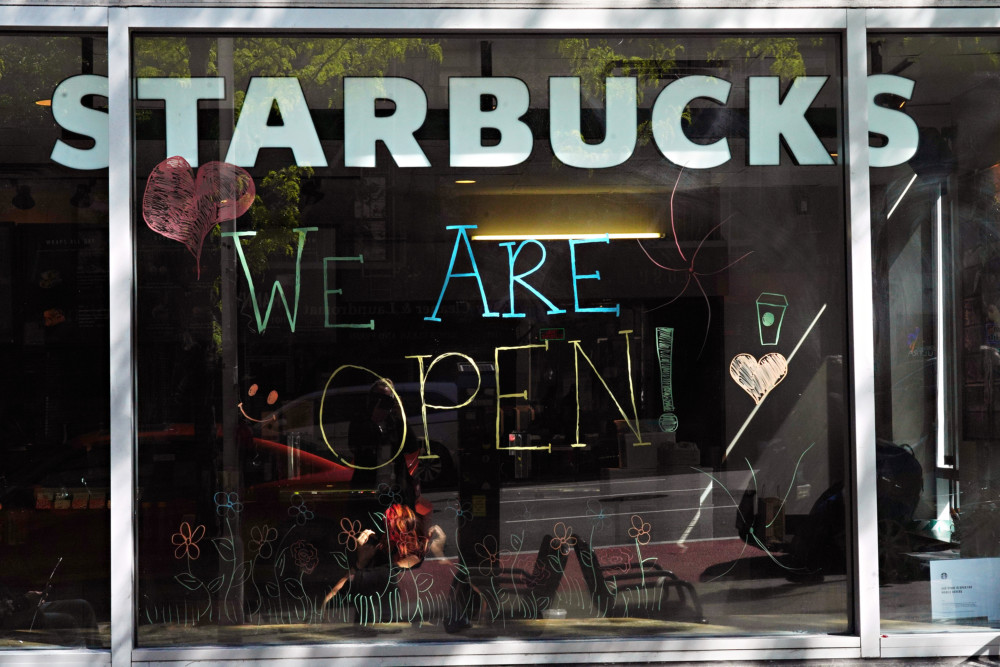By Angel Gonzalez
The Seattle Times.
SEATTLE
Many of Jackie Xu’s fellow students at the elite Tsinghua University in Beijing chose to go into highly paid, glamorous jobs such as investment banking and consulting. She chose to wear an apron instead, training as a Starbucks barista in preparation for a job as assistant manager.
But two years into her Starbucks career, the 27-year-old isn’t missing out on the glamour. After becoming the manager of a key Starbucks flagship store in Beijing, she was flown to Seattle last year to speak to thousands of U.S. managers about Starbucks’ momentous growth in China as the world’s second-largest economy seeks to shift focus from export-oriented manufacturing to consumer-driven products and services.
And last month, during the visit of Chinese President Xi Jinping, Xu was brought here to be the face of Starbucks at its fancy Reserve Roastery and Tasting Room.
Xu led delegations of Chinese officials and business people through coffee tastings at the roastery, including brew from beans grown in China’s Yunnan province. Taking her tour were delegates such as Huan Qifan, the mayor of Chongqinq, a sprawling municipality that has more people than Texas and is considered one of China’s largest metro areas.
Many of the visitors are graduates from her same university. So is President Xi.
“Many of them are very excited about the store,” though the majority don’t know a lot about coffee, Xu said in an interview. “Coffee culture is kind of emerging in China.”
Xu’s quick rise within Starbucks in a way parallels that of China, which has recently surpassed Canada and Japan as the coffee giant’s second-largest market. In the two years since Xu joined the company, the number of Starbucks stores there has nearly doubled to more than 1,800.
It’s Starbucks’ fastest-growing market, expected to top 3,400 stores by 2019. The company has a “university” in Beijing and three other cities to school the local army of baristas it requires. And it is eyeing China as the potential site for its second Roastery and Tasting Room, a high-end hybrid of cafe and roasting facility where the company shows off its gourmet coffee savoir faire.
Hence Starbucks’ front-row role in President Xi’s Seattle sojourn: CEO Howard Schultz sat at the Chinese leader’s table at a welcome dinner, and former U.S. ambassador to China Gary Locke closed the event by toasting with a cup of Starbucks.
But Xu’s budding career also says lots about how China’s economy is changing. After becoming the world’s factory, its manufacturing and export-based growth is slowing down, and its future lies with unleashing domestic consumption.
The transition may cause some disruption, but “the retail industry is going to be great,” Xu says.
That, of course, could mean big bucks for Starbucks, and a golden path for Xu.
“I know China is emerging and playing an important role in the world, but there are many challenges. We just have to find ways to fix them,” she says.
Xu says she had her first taste of Starbucks in 2008, when as an exchange student in Canada, she tried a Frappuccino. Her interest in working for the company was piqued after reading a book by Schultz on how he built the coffee empire, and she was hired in 2013.
She first visited the U.S. last fall, when she spoke and guided a coffee tasting at a key Starbucks event where district managers from all over the U.S. met with the company’s senior leadership. She returned a few weeks later for the opening of the Roastery and Tasting Room.
Xu currently manages an upscale Starbucks concept store in Beijing’s central business district. The two-story location has two coffee bars and is staffed by so-called “black apron” baristas, who, within Starbucks, are like the black belts of gourmet coffee.
Many of Xu’s friends from college work in the neighborhood, in consultancies and financial firms. But she professes no regrets:
“They always come to my store and say, ‘Your job looks so interesting and my job looks so boring,'” Xu said.

















































































































































































































































































































































































